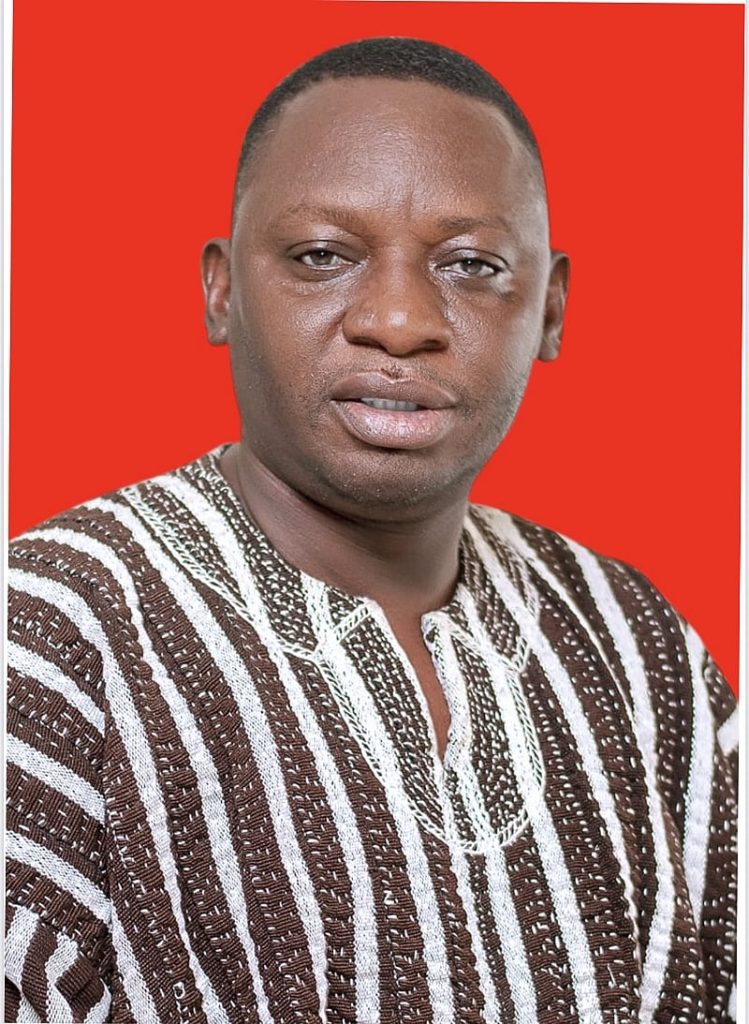The monetization of elections in Ghana has emerged as a significant threat to the country’s parliamentary democracy, sparking calls for reforms to protect experienced legislators. The increasing trend of long-serving Members of Parliament (MPs) losing their seats to newcomers due to vote-buying practices has raised concerns about the future of the legislative body. During a parliamentary session, the issue was brought to the forefront, with MPs expressing alarm at the erosion of experience and expertise within the House due to this financially driven electoral dynamic. The debate highlighted the vulnerability of dedicated MPs who focus on parliamentary duties, constituency engagement, and grassroots party development, often at the expense of accumulating personal wealth. These individuals are increasingly being challenged and unseated by well-funded individuals, often appointed to government positions, who leverage their financial advantage to sway voters during party primaries.
A central argument in the parliamentary discussion revolved around the inherent unfairness of the current system. MPs who diligently serve their constituents and contribute to the legislative process are often outspent by newcomers who have amassed wealth through government appointments. This financial disparity creates an uneven playing field, making it difficult for incumbents to compete against challengers who can deploy vast resources to influence voters. The practice, according to concerned MPs, discourages long-term commitment to parliamentary service, as experienced legislators are increasingly at risk of losing their seats to wealthier, but not necessarily more qualified, candidates. This creates a cycle of instability within the parliament, undermining the continuity and effectiveness of legislative processes.
The potential consequences of this trend are far-reaching. As experienced MPs are replaced by less experienced individuals, the overall quality of parliamentary debates and legislative work may decline. The institutional knowledge and expertise accumulated over years of service are lost, hindering the parliament’s ability to effectively scrutinize government policies and hold the executive branch accountable. This, in turn, weakens the checks and balances essential for a healthy democracy. New MPs often lack the necessary understanding of parliamentary procedures and the complexities of policymaking, leading to inefficiencies and potentially suboptimal legislative outcomes.
The concern extends beyond the individual MPs and directly impacts the effectiveness of governance. A constant influx of inexperienced legislators can impede the parliament’s ability to address critical national issues. The lack of continuity and expertise hinders the development and implementation of long-term policies, potentially affecting the country’s progress across various sectors. Furthermore, the focus shifts from substantive policy debates to personality-driven campaigns fueled by financial muscle, further undermining the quality of political discourse and eroding public trust in the legislative process.
The two major political parties in Ghana have been accused of inadvertently fostering this detrimental practice. By appointing individuals to lucrative government positions, they create opportunities for these appointees to accumulate wealth, which is then used to challenge sitting MPs during primaries. This internal competition, driven by financial incentives, weakens the parties from within and ultimately compromises the quality of representation in parliament. The debate highlighted the urgent need for both parties to address this issue and reform their internal processes to ensure a more level playing field for all candidates, regardless of their financial standing.
The calls for reform echo a broader concern about the influence of money in politics. The monetization of elections not only undermines the integrity of the democratic process but also creates barriers for individuals from diverse backgrounds who may lack the financial resources to compete effectively. This ultimately limits the inclusivity and representativeness of the parliament, potentially excluding capable and committed individuals from serving their communities. The debate within Ghana’s parliament underscores the need for comprehensive electoral reforms that address campaign finance regulations, promote transparency, and ensure a fair and merit-based political process that prioritizes experience and dedication to public service over financial influence. Such reforms are crucial to safeguarding the future of Ghana’s parliamentary democracy and ensuring that the legislative body remains a truly representative and effective institution.














